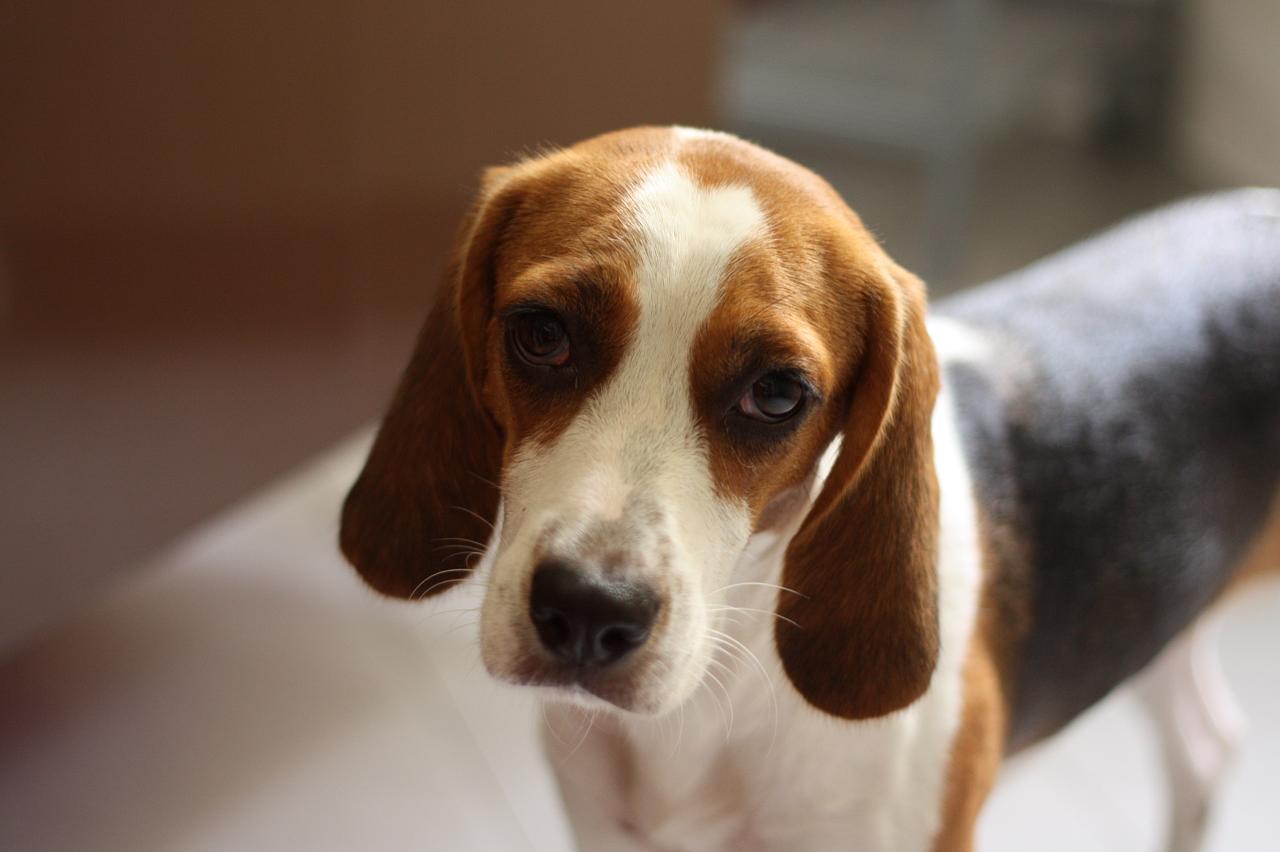
Royal Veterinary College under fire for its animal experiments
The popular notion of a dog being man’s best friend is clearly not recognised at the Royal Veterinary College (RVC), where researchers have been subjecting beagle-crosses to painful experiments that aim to alleviate human, rather than animal, suffering.
The College declares itself ‘wholly committed to animal health and welfare’ 1and yet has bred its own colony of dogs with genetic flaws, leading them to suffer a canine version of Duchenne Muscular Dystrophy (DMD). Symptoms include muscle wasting and breathing problems. To limit their suffering, the animals are put down at around 18 months of age.
This year, the test programme enters a new experimental phase, involving the introduction of laboratory-manufactured genetic material – a process that could lead to a range of unpredictable, physiological problems.2
Deliberately breeding dogs with a serious genetic weakness and then using them for human-related experiments is believed to take the veterinary college into new, not to say, highly contentious, territory. But anyone who is outraged to discover that this esteemed institution is systematically harming dogs, will not be comforted to learn the true extent of the animal research being conducted on a range of species at England’s oldest veterinary college.
